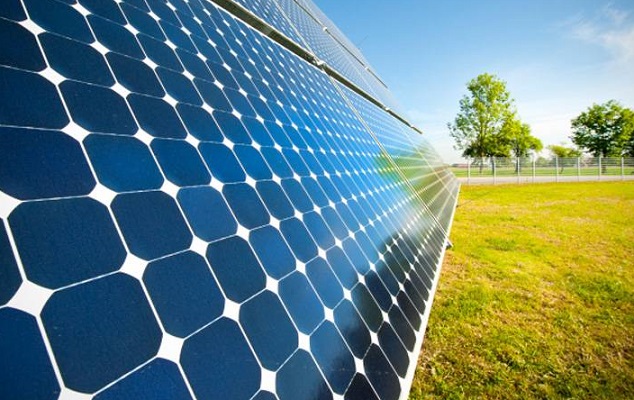Best sustainable energy comes from Switzerland

When it comes to achieving affordable, environmentally sustainable and secure energy systems, a group of small economies is quickly accelerating away from the rest of the world. The top 20 performers in the fifth annual Global Energy Architecture Performance Index Report 2017 have achieved twice the average increase in their score compared to that of all other countries.
The report, developed in collaboration with Accenture Strategy and launched on Wednesday at the European Commission, ranks 127 countries based on their ability to provide energy across three dimensions of the “energy triangle”. It finds that the highest performers, which are primarily smaller countries and advanced economies, can overcome constraints if supporting policies are in place. The ranking is topped by non-EU members Switzerland (1) and Norway (2). The top-7 are all European countries: Sweden (3), Denmark (4), France (5), Austria (6), and Spain (7).
For the third year in a row, Switzerland received top marks and was put in first-place because it had “a diverse supply mix, low-energy intensity and low carbon dioxide (CO2) emissions from electricity production”. It scores highly thanks to its diverse mix of energy supply, its low-energy intensity (a measurement that shows how well an economy is using its fuel sources) and its low emissions. However, its score in diversity in energy imports has gone down this year.
The authors recognised that the index “cannot fully reflect the complexity of energy systems or of managing energy transitions”, but could work as “a basis for comparison across nations”.
Overall, some of the largest consumers of energy such as China (95th), India (87th), Japan (45th), the Russian Federation (48th) and the United States (52nd) have either slipped in the rankings or experienced only marginal gains.
“We’ve seen some significant shifts in the way energy is sourced, delivered and consumed over the past five years,” explained Roberto Bocca, Head of Energy and Basic Industries and Member of the Executive Committee at the World Economic Forum. “Future energy demand and unprecedented technological developments will continue to present new challenges and opportunities for countries. Now more than ever, countries must understand the performance and trajectory of their energy sectors and have a resilient approach in place to drive progress.”

